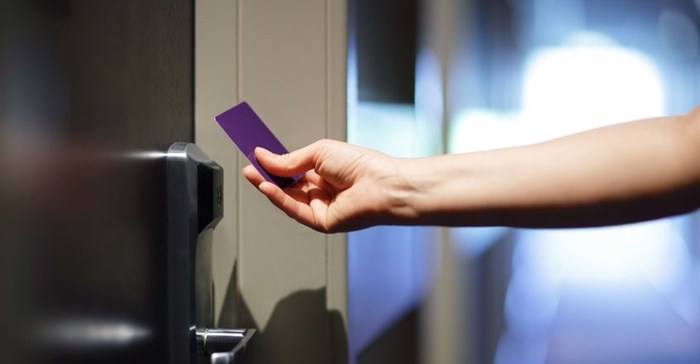
Top stories






More news


Marketing & Media
Ads are coming to AI. Does that really have to be such a bad thing?














The typical environment is generally characterised by many access points, often manned by security personnel who oversee ‘stop-and-check’ stations – effective for security, but a possible vulnerability too. Paul Chari, principal consultant EDC Solutions at dormakaba, says accessibility is a must for hospitality facilities and venues, but this increases the risk factor.
"For easy access, many entrance points are needed and employed. This means the sources and escape route for someone with ill intent becomes difficult to monitor."
However, IT security has kept up with market requirements and demands, particularly within access control.
Chari uses access control for large crowds as an example: "Multi-sensor cameras and facial recognition biometric solutions can make it possible for security personnel to instantly and automatically verify personal identities. Visitors can be profiled and any red flags can be set to have security personnel react to double check an area/person. The automatic enrolment can eliminate the need for barriers across entry points."
Data gathered through these sort of access control points and biometric-based systems can be quickly gathered, assimilated and correlated to provide an accurate database that can be referenced immediately to bolster security control and enforcement.
Video analytics, big data and robotics are beginning to filter through to security and access control strategies – specifically within the hospitality industry says Chari. "The ability to flag repeat offenders relieves operators from having to remember or identify faces without support. New operators benefit from gathered intel and can immediately be more effective than previously possible. Analytics can also count volumes and be matched to max numbers allowed in an area. A reaction can be solicited before a problem arises."
Unified communications and integrated systems offer real-time automation and seamless interaction between back-end functions and front-end or customer-facing applications. Centralised smart infrastructure dominates surveillance and security control rooms, and these connect via mobile and wireless networks to allow resources to be deployed quickly and effectively.
Chari explains how control rooms form the hub of any surveillance system. "These allow for controlled deployment of personnel to various points - security, medical or general personnel. Beyond security, hospitality matters can be informed by surveillance issues."
According to Chari, next-generation access control and security solutions should be a consideration, in order for the hospitality industry to provide an additional layer of security; to empower personnel to do their jobs with less risk and higher efficiency and overall success.